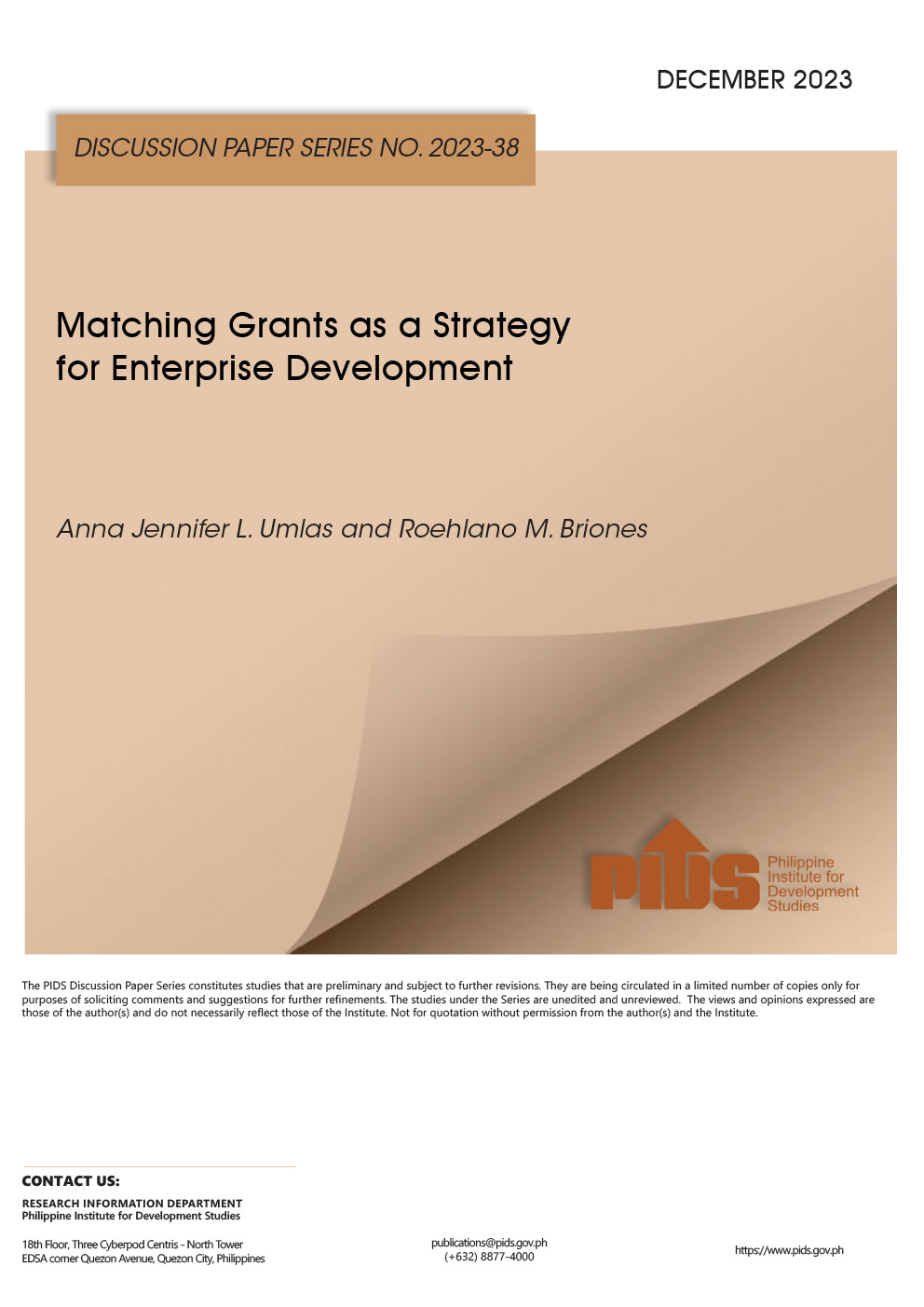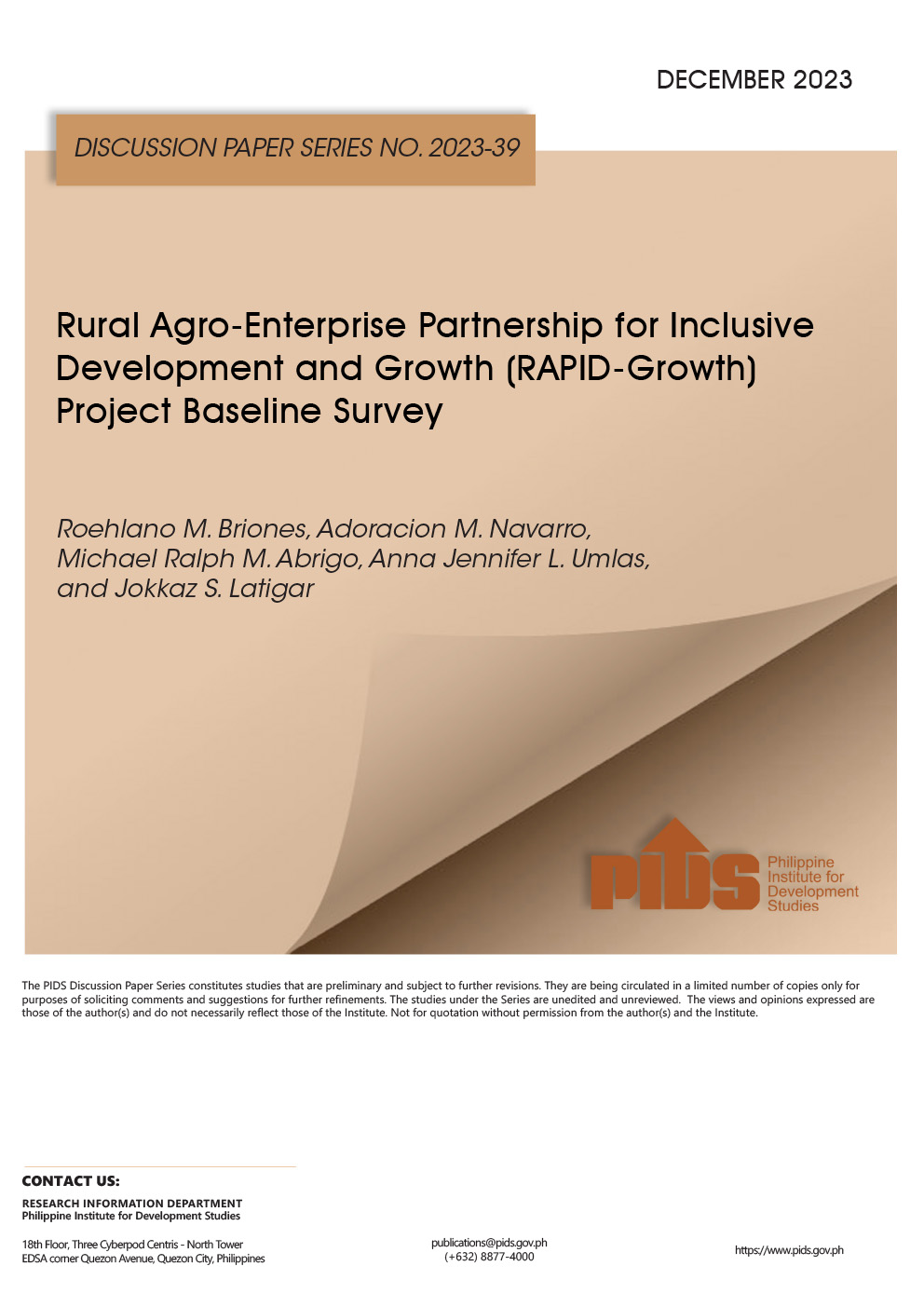THE LIVESTOCK, poultry and dairy industries are not making progress due to inadequate employment of technology, the Philippine Institute for Development Studies (PIDS) said.
A PIDS study concluded that “investment must be poured into production and process improvements, including technology, equipment, animal inventory, and manpower capacity upgrades, for the agriculture industry to be more competitive.”
The study, written by Sonny D. Domingo, senior research fellow at PIDS; Maureen Ane D. Rosellon, former supervising research specialist; Pauline Joy M. Lorenzo, senior research specialist; and Arvie Joy A. Manejar, research specialist, found that support services provided by the government, private sector, and nongovernment organizations enable the operation of only a limited portion of the value chain.
Separately, Research Analyst Isabel B. Espineli and PIDS Senior Research Fellow Roehlano M. Briones said that the government should also focus on business development and adopt digital technology which will aid in supply chain traceability and animal health monitoring.
The study’s authors urged the government to strengthen its institutional oversight of regulatory compliance, food safety and standards, and animal welfare at the national and industry levels.
“Opportunities in the sector may increase if the government pursues connectivity initiatives like strategic farm-to-market roads while expanding investment in agriculture-related infrastructure projects, such as improved biosecurity measures, production and postharvest facilities, and processing and marketing outlets,” the study concluded.
The Philippine Statistics Authority (PSA) estimates that livestock accounted for 15.6% of agricultural production in the third quarter, up 4%. Poultry production accounted for 15.2% of agricultural output, up 6.4% during the quarter.
Dairy production rose 15.8%.
Local consumption of livestock, poultry, and dairy (LPD) is still heavily reliant on imports, PIDS said.
“Processing consolidation of backyard operators under farmer organizations (FOs) can be an opportunity to transform the LPD industries, as these organizations serve as the main conduit for capacity augmentation, technology transfer, and delivery of regulatory and other services,” according to the study.












